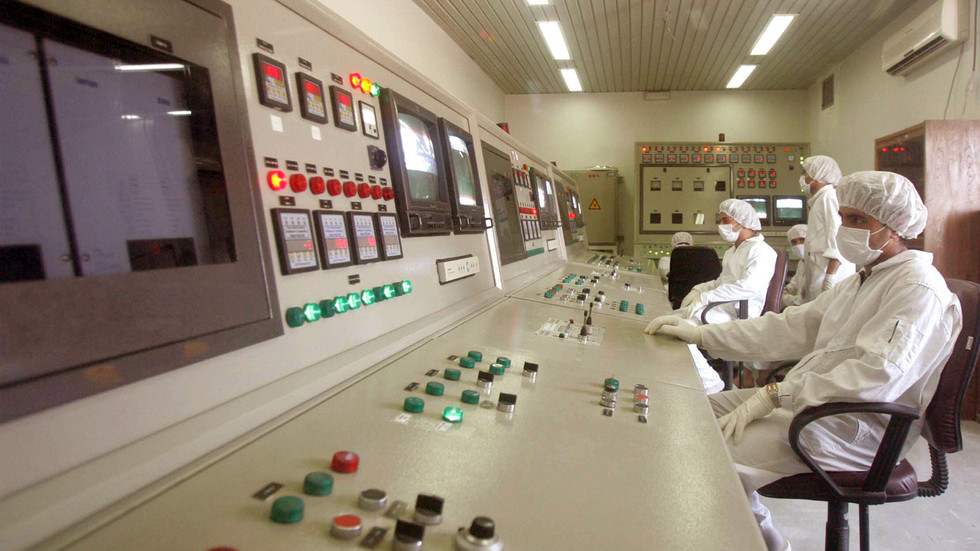The resolution would task the IAEA with issuing a so-called “comprehensive report” on Iran’s nuclear activities in addition to its regular quarterly ones, which would describe in more detail and put further focus on uranium traces allegedly found at undeclared sites.
Reuters claims that the aim is to force Iran back to the negotiating table to agree new restrictions on its nuclear activities in exchange for sanctions relief – both less far-reaching than those in a 2015 nuclear deal with major powers that Donald Trump pulled the United States out of in 2018, prompting its collapse.
“Our concerns about Iranian nuclear activity are well known. It feels a natural point to be asking the IAEA for a thorough report. That then provides a basis to deal with Iranian behavior,” a European diplomat was quoted as saying.
The United States has not been the driving force behind the resolution but is still expected to back it, as happened with the last resolution against Iran in June, diplomats said, adding that European powers are discussing the draft with the outgoing US administration.
The news agency wrote that such a resolution carries the risk of escalating diplomatic tensions as Grossi is in Tehran to hold talks in continuation of a joint statement issued in March with the aim of resolving all remaining issues.
Three European countries- Britain, France and Germany- known as Troika or E3, had issued a statement and reiterated their claims and accusations regarding Iran’s peaceful nuclear program in the IAEA board meeting in Vienna in June.
Without mentioning which country is to blame for failing to implement the 2015 nuclear agreement or the Joint Comprehensive Plan of Action (JCPOA), the statement pointed to Iran’s compensatory measures, saying it had continued to enrich uranium far beyond its commitments.
The statement then demanded the IAEA chief continuously inform the Board of Governors on the status of Iran’s nuclear program and make the agency’s report public.
The call was unusual since the IAEA in every three months, that is, on the eve of the quarterly meetings of the 35-member Board of Governors, publishes two reports on Iran’s nuclear activities under the titles “NPT Safeguards Agreement with the Islamic Republic of Iran” and “Monitoring and Verification in the Islamic Republic of Iran in light of UN Security Council Resolution 2231 (2015)”.
The IAEA in it’s over a dozen reports has already verified Iran’s compliance with the 2015 agreement, but non-adherence of the JCPOA by Britain, France, and Germany, along with the United States prompted Tehran to gradually scale down its commitments by invoking mechanisms enshrined in the clauses of the accord.
